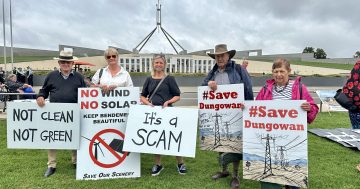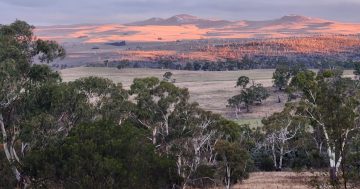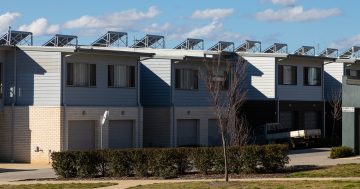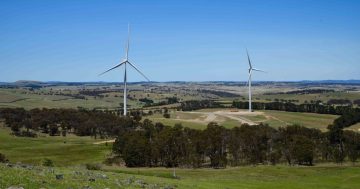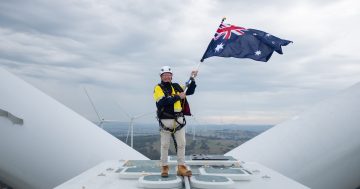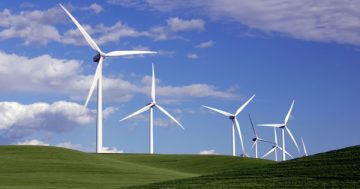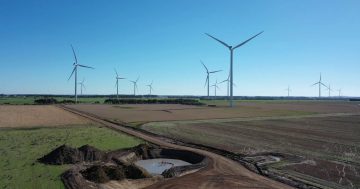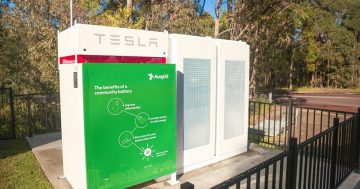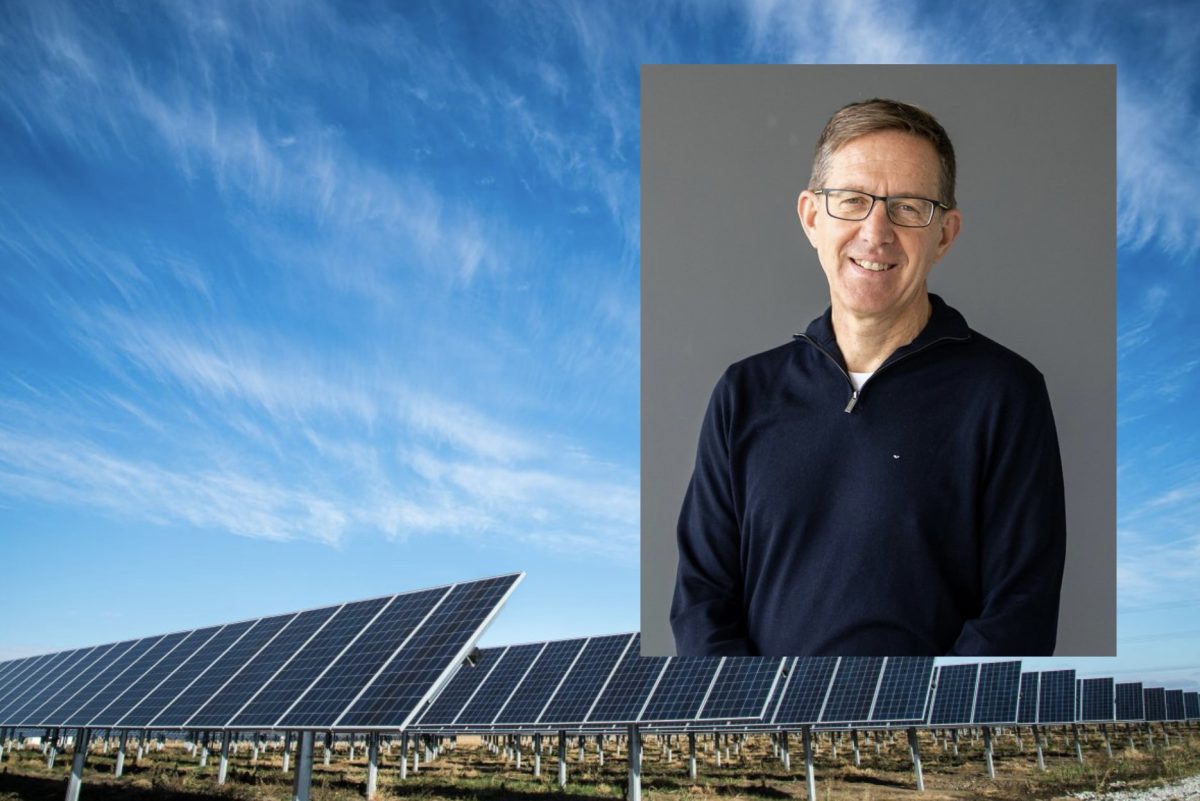
Charles Sturt University researcher Dr Simon Wright believes better communication is needed to achieve renewable energy targets. Photo: Supplied.
The pressure is on to meet the Australian Government’s target of 82 per cent renewable electricity by 2030 and the battle is proving to be just as much about hearts and minds as it is about turbines, solar panels and poles-and-wires.
Charles Sturt University researcher Dr Simon Wright believes that poor messaging and a lack of serious community consultation may cost the regions the chance to take control of their energy future.
“This is actually a fantastic opportunity for regional communities but the communication has been very poor and that has certainly muddied the waters,” he said.
“I think there’s been no plan, there’s been no consistency and we’ve seen examples where communities, and particularly farmers, were informed of what was going on by a hardcopy letter drop in their mailboxes.
“That’s not community engagement.”
The building of 5000 km of new transmission lines this decade, and another 5000 km after that, is a key concern for impacted communities, but Dr Wright said that this infrastructure will unlock huge opportunities.
“Australia is supremely positioned to become a renewable energy superpower and ‘distributed energy’ empowers the regions,” he said, explaining that this model decentralises power generation away from metropolitan centres.
“The regions will be generating the power that the nation needs and it is really important that communities are able to capture some of that value.
“I think that’s the story that hasn’t been articulated well.”
He said that much of the opposition stemmed from communities feeling that the project was being imposed on them and that it would bring costs without benefits.
“You’ve got to work in collaboration with communities, with regional development organisations, with farmers, with businesses. If you don’t, then that trust can be destroyed and it’s very difficult to win it back, ” Dr Wright warned.
“It’s much better to spend quality time upfront, working with communities, talking with people and communicating exactly what it is that is trying to be achieved.”
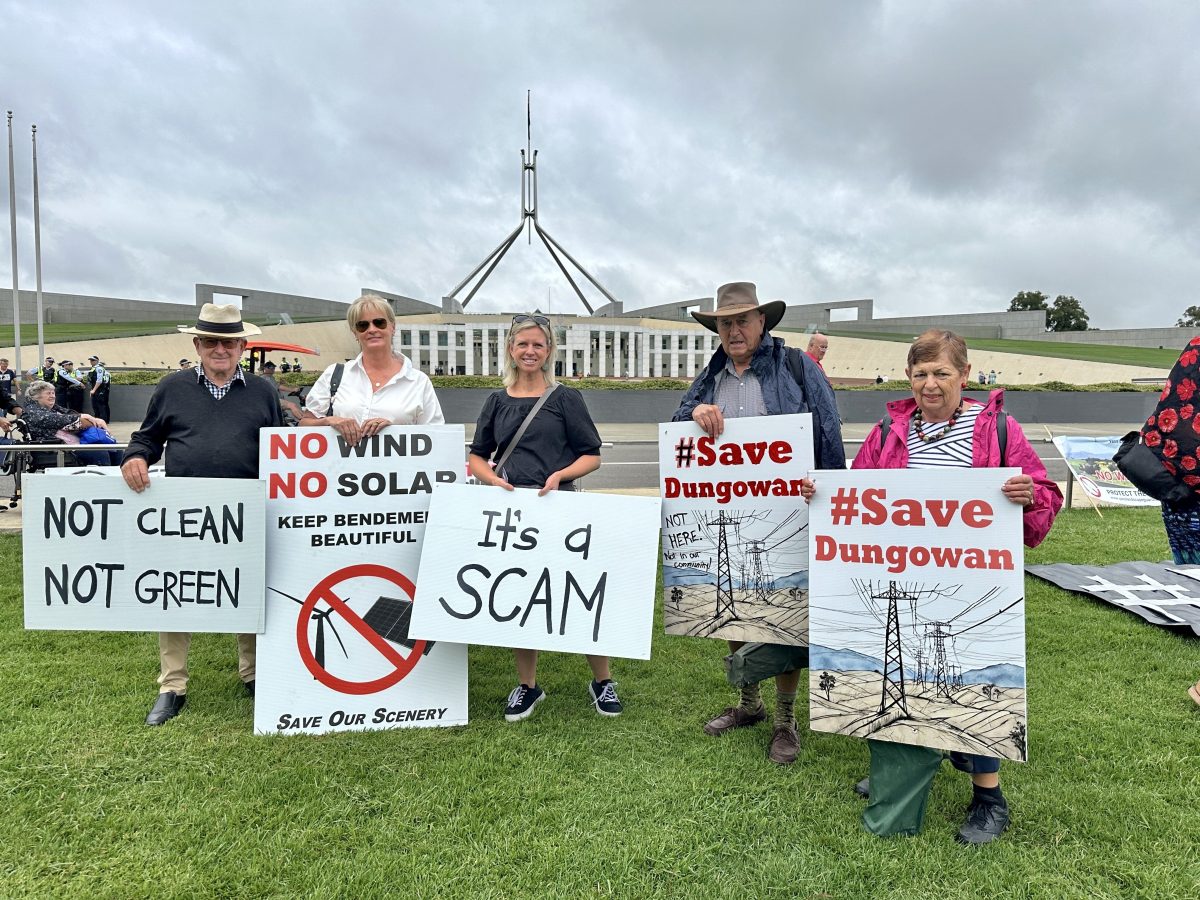
Protesters gathered at Parliament House in February for the Reckless Renewables Rally. Photo: James Coleman.
In February, hundreds of protesters converged on the lawns of Parliament House for the first sitting day of the year to voice their opposition to the Federal Government’s renewable energy projects.
Riverina couple Howard and Jo Holgate attended the ‘Reckless Renewables Rally’, and told Region that they believed that “farming is under attack”.
“Prime agricultural land has been taken up with solar panels and wind turbines … and it just makes no sense … We need to realise net zero is a lie,” Howard declared.
The disruption to farming, concerns over costs and mistrust of the science are common themes among protesters.
“Basically, we’re opposed to the renewable energy craziness, which consists of solar factories, wind factories and associated transmission and distribution networks,” said Emma Jeffrey who travelled from New England for the event.
“They shouldn’t be going anywhere, but they’re going on good farming land, and there’s no actual point to them because they do not help the wider energy problems, and they just drive up costs for everybody.”
According to Dr Wright, renewable energy is the cheapest form of ‘new build’ power available to replace aging fossil fuel power stations, but he said that the flawed Australian energy market and poor communication distort the cost-to-benefit ratios.
“We can build that foundation for clean, reliable energy where the community has a financial share in that and it presents a great opportunity for regional economic development in areas that have historically struggled.”
Dr Wright said the government needed to get on the front foot by facilitating better communication about the potential for long-term prosperity.
“Despite the urgency around the energy transition, you have to engage the people who will be impacted and they have to be part of the solution,” he said.
“We need to invest in local energy hubs where people can ask questions, get information and work together to find ways of sharing in the benefits.
“It’s an important part of the distributed energy story that is not being told.”
Original Article published by Chris Roe on Region Riverina.












